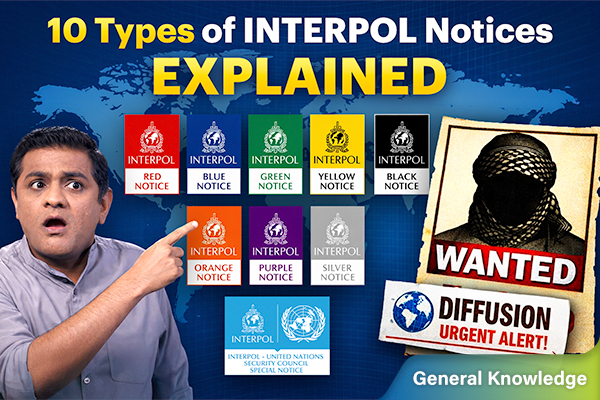Bali Removes 70 Tons of Plastic Waste From Its Beaches
Bali's beaches are facing a severe plastic pollution crisis, with tons of waste washing up during the monsoon, but cleanup efforts are offering hope for a cleaner future.
Bali, once famous for its pristine white sandy beaches, clear blue waters, and rich marine life, is now facing an environmental crisis due to overwhelming plastic waste. Videos of Bali’s beaches, covered in layers of plastic and non-biodegradable waste, have gone viral on social media, sparking concern among users.
These beautiful beaches, which once attracted tourists from all over the world, are now polluted with trash. The waves, which used to be a calming sight, are now bringing heaps of plastic and waste to the shore, causing what’s being referred to as the “Trash Wave.” The situation is especially bad in popular tourist areas like Kuta, Kedonganan Beach, and Jimbaran Beach.
Reports suggest that tons of trash are being washed up on the beaches during Bali’s monsoon season (from November to April), turning the scenic locations into a depressing sight. Local environmental NGO, Sungai Watch, has labeled this as "the worst plastic waste pollution" Bali has ever faced.
Sam Bencheghib, the co-founder of Sungai Watch, has shared shocking videos and drone footage showing the extent of plastic pollution on social media, calling it a “Plastic nightmare.” His NGO is leading efforts to clean up the beaches, with a team of over 2,000 volunteers. So far, they have removed around 70 tons of plastic waste from just Jimbaran Beach.
Bencheghib and his team gathered volunteers through an online call, including local residents, hospitality workers, and even tourists. Equipped with gloves, these volunteers have worked together to remove the trash. Many of them reported seeing marine life struggling to move due to being entangled in plastic waste and debris.
Although the cleanup efforts are ongoing, Bencheghib shared that despite their hard work, new trash continues to wash up every day. He praised the efforts of the volunteers, calling it “The power of community,” but stressed the need for larger, long-term solutions.
The situation highlights the lack of a centralized waste collection and treatment system in Bali. Local authorities estimate that around 52% of the island’s garbage is mismanaged, contributing to the growing plastic pollution problem.
Bencheghib’s cleanup initiative has inspired hope for a cleaner future for Bali, but it also serves as a warning to the rest of the world. If plastic use is not significantly reduced, such scenes could become more common in other places around the globe.
It’s time for everyone to reduce plastic usage and support efforts by organizations like Sungai Watch to combat plastic waste and protect our planet.







